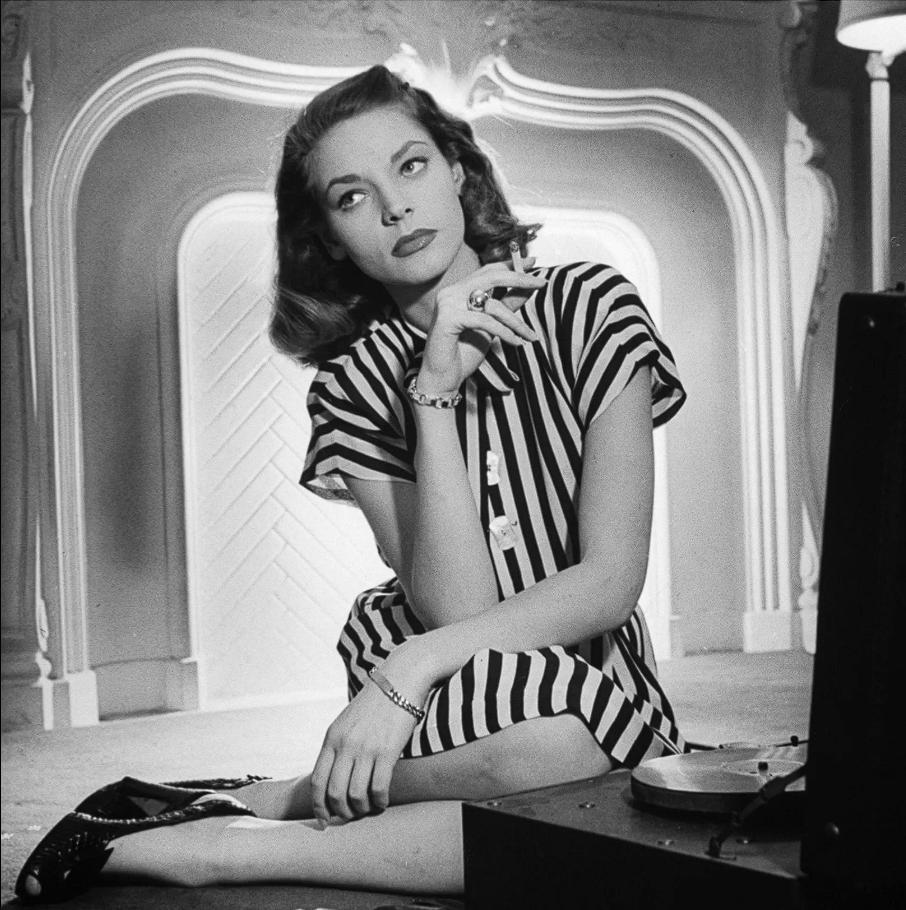Lauren Bacall: The Iconic Voice and Gaze That Redefined Hollywood Femininity
She didn’t just enter the room—she owned it. At 19, Lauren Bacall delivered a single line that rewrote the rules of screen presence: “You know how to whistle, don’t you, Steve?” And just like that, a new kind of Hollywood heroine was born.
A Star Is Born in the Bronx
Betty Joan Perske’s Early Life
Long before she became a silver screen legend, she was Betty Joan Perske—a shy, observant girl born in 1924 to a middle-class Jewish family in the Bronx. Raised by a single mother after her parents’ divorce, young Betty found comfort in books, movies, and her own quiet resolve. Her striking beauty and magnetic presence didn’t go unnoticed for long.
Modeling gave her an early start, but it was a single photograph on the cover of Harper’s Bazaar that changed everything. Nancy Hawks, wife of director Howard Hawks, spotted her and immediately sensed star potential. Betty soon became Lauren Bacall—rebranded with a sultry name and introduced to a world that had been waiting for someone just like her.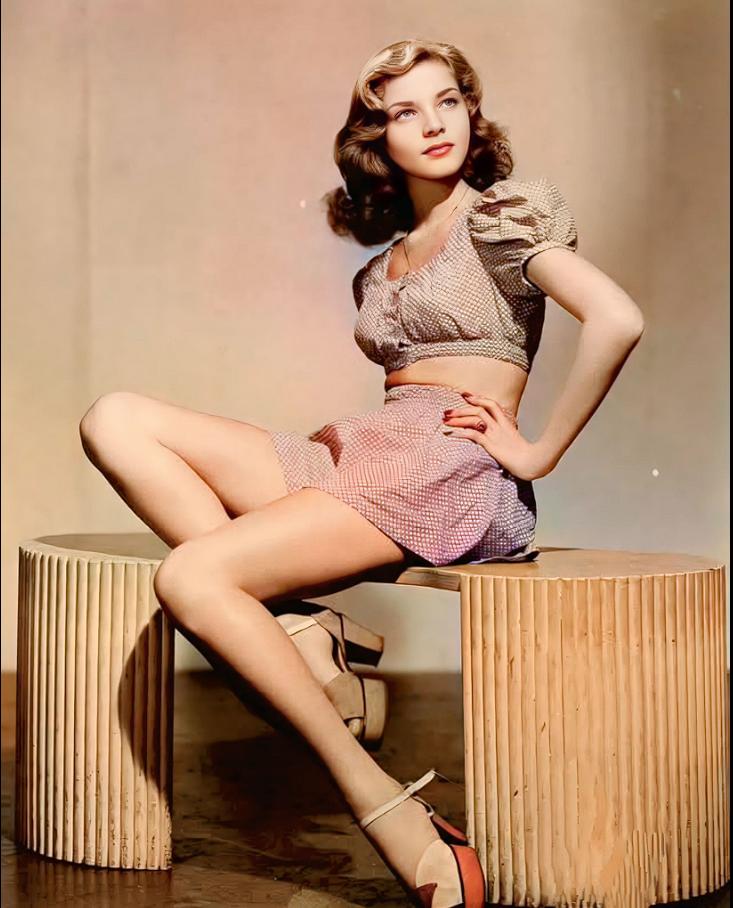
The Birth of a Screen Legend
To Have and Have Not and That Famous Line
Bacall’s screen debut in To Have and Have Not (1944) was nothing short of electric. At just 19, she held her own opposite the seasoned and legendary Humphrey Bogart. That line—calm, cool, and laced with sensual confidence—was more than dialogue. It was a declaration of arrival.
But what audiences saw wasn’t just performance. It was chemistry. Off-screen, Bacall and Bogart were falling in love. He was 45, she was 19, and their romance defied Hollywood gossip, scandal, and ageist cynicism. They married in 1945, and the couple became one of the most iconic and deeply respected unions in entertainment history.
The Bogart-Bacall Mystique
Their real-life love story spilled onto the screen in four films: To Have and Have Not, The Big Sleep, Dark Passage, and Key Largo. In each, Bacall wasn’t just the femme fatale—she was an equal. Her cool intelligence and slow-burning strength gave the noir genre a new kind of female lead: one who could match wits with any man and do it with grace.
But Bogart and Bacall weren’t just selling chemistry. They embodied a deep respect and intimacy that transcended the roles they played. After Bogart’s death in 1957, Bacall was devastated. She described him as the love of her life—and for a time, it seemed the screen had lost its brightest flame.
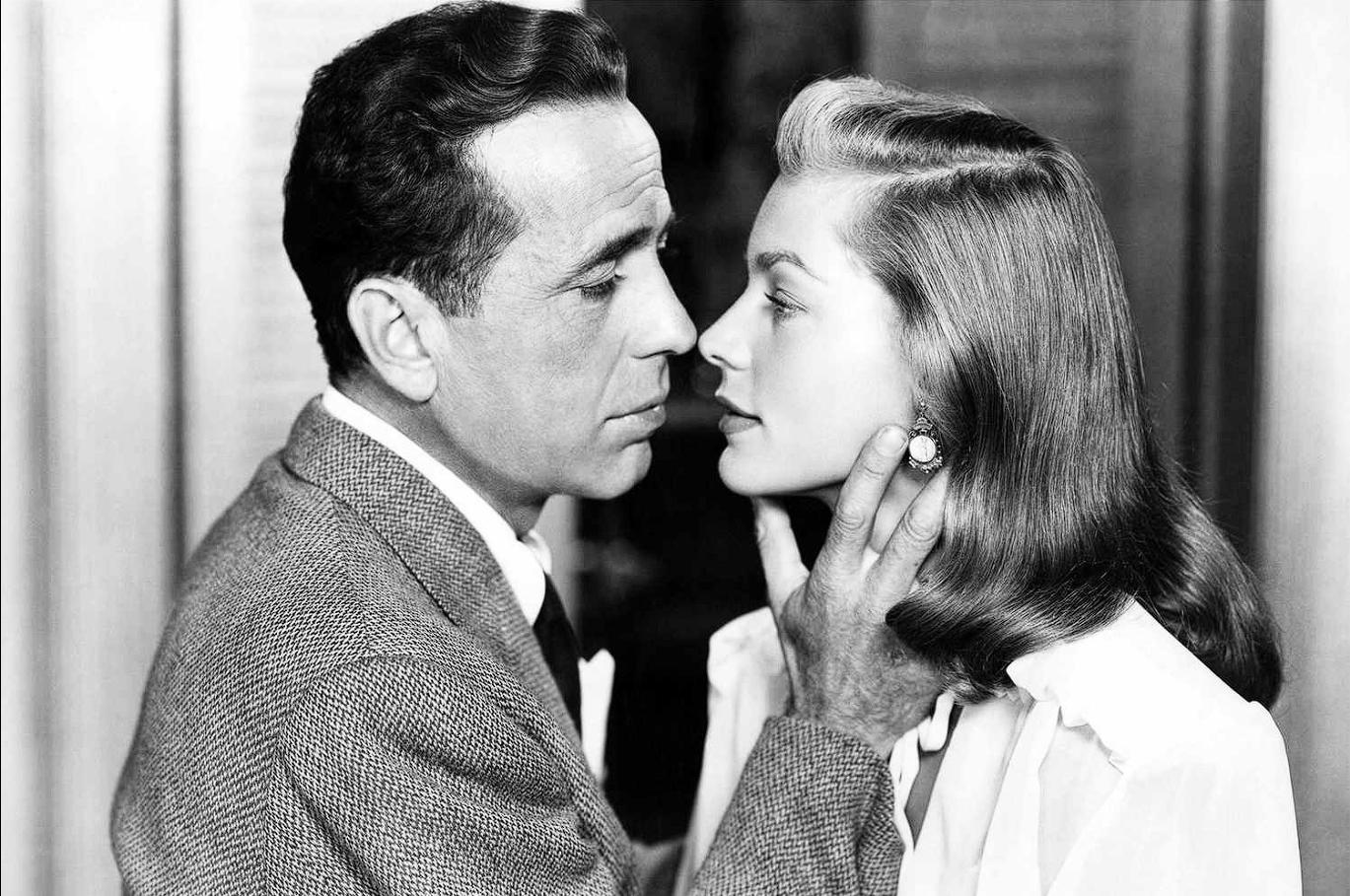
Reinvention After Loss
From Widow to Tony Winner
Many assumed Bacall’s brilliance would fade after Bogart’s passing. Instead, she transformed grief into determination. She threw herself into the stage, where her commanding presence and rich voice earned her two Tony Awards—for Applause in 1970 and Woman of the Year in 1981.
She also continued to act in films, notably in Murder on the Orient Express (1974) and The Fan (1981), always bringing the same intensity that had first captivated audiences. Her roles shifted with age, but her magnetism never waned.
The Woman Behind the Voice
Politics, Principles, and a Fierce Mind
Bacall wasn’t content with being just a star. She was a vocal political advocate, campaigning for Adlai Stevenson and standing up for civil rights in a time when it was still risky to do so. She never fit the mold of the silent, glamorous starlet. She read voraciously, spoke passionately, and never shied away from expressing her beliefs—even if it meant losing favor in the industry.
Her memoirs, By Myself (1978) and Now (1994), peeled back the layers of her life with candor and insight. They revealed a woman who loved deeply, hurt deeply, and carried her vulnerability like armor. She was funny, sharp, and entirely unafraid to reflect on her failures.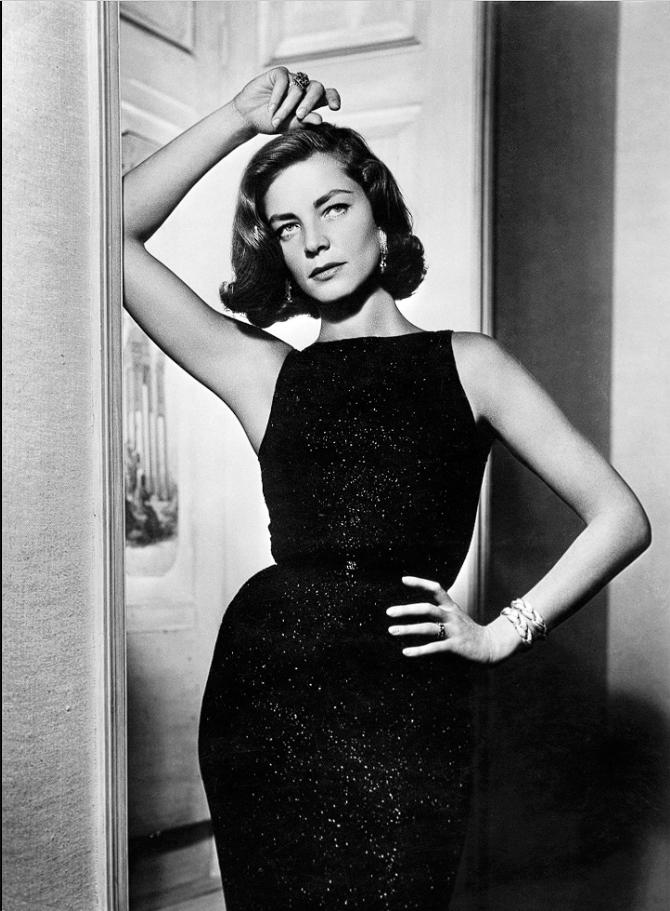
Legacy in a New Hollywood
Late-Career Honors and Influence on Modern Stars
In her later years, Bacall received the Kennedy Center Honors (1997) and an honorary Academy Award (2009), celebrating a career that spanned over six decades. But perhaps her greatest legacy lies in how she shaped the archetype of the strong, intelligent, mysterious woman in Hollywood.
Contemporary actresses like Cate Blanchett, Jodie Foster, and Tilda Swinton carry echoes of Bacall’s quiet strength and unshakeable presence. In a time when female power on screen is often loud and overt, Bacall proved that silence, poise, and a single gaze could speak volumes.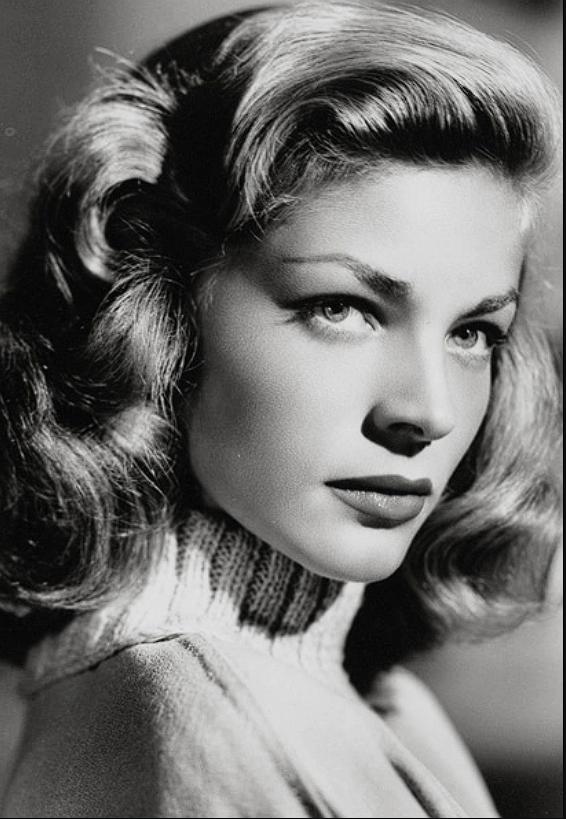
Why Lauren Bacall Still Matters
Lauren Bacall was more than a movie star. She was a turning point in the portrayal of women in film—sophisticated without being cold, seductive without being submissive. She owned her contradictions. She embraced the power of being both elegant and unafraid.
Even today, her performances feel timeless, her voice unforgettable. In a Hollywood still wrestling with how to write women as fully-realized humans, Bacall left behind the blueprint.
She didn’t just act. She challenged. She endured. She inspired.
And she did it all without ever raising her voice.